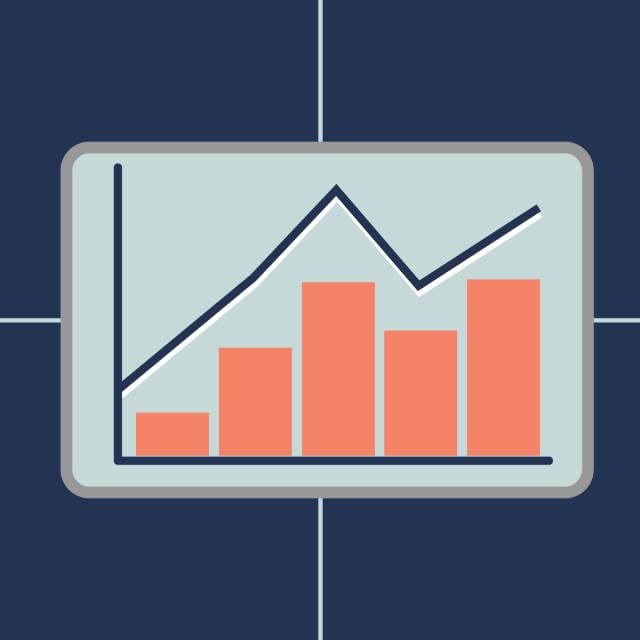MOOC List is learner-supported. When you buy through links on our site, we may earn an affiliate commission.

MOOC List is learner-supported. When you buy through links on our site, we may earn an affiliate commission.
Time series analysis is concerned with modeling the dependency among elements of a sequence of temporally related variables. To succeed in this course, you should be familiar with calculus-based probability, the principles of maximum likelihood estimation, and Bayesian inference. You will learn how to build models that can describe temporal dependencies and how to perform Bayesian inference and forecasting for the models. You will apply what you've learned with the open-source, freely available software R with sample databases. Your instructor Raquel Prado will take you from basic concepts for modeling temporally dependent data to implementation of specific classes of models.
Syllabus
WEEK 1
Week 1: Introduction to time series and the AR(1) process
This module defines stationary time series processes, the autocorrelation function and the autoregressive process of order one or AR(1). Parameter estimation via maximum likelihood and Bayesian inference in the AR(1) are also discussed.
WEEK 2
Week 2: The AR(p) process
This module extends the concepts learned in Week 1 about the AR(1) process to the general case of the AR(p). Maximum likelihood estimation and Bayesian posterior inference in the AR(p) are discussed.
WEEK 3
Week 3: Normal dynamic linear models, Part I
Normal Dynamic Linear Models (NDLMs) are defined and illustrated in this module using several examples. Model building based on the forecast function via the superposition principle is explained. Methods for Bayesian filtering, smoothing and forecasting for NDLMs in the case of known observational variances and known system covariance matrices are discussed and illustrated.
WEEK 4
Week 4: Normal dynamic linear models, Part II
WEEK 5
Week 5: Final Project
In this final project you will use normal dynamic linear models to analyze a time series dataset downloaded from Google trend.
MOOC List is learner-supported. When you buy through links on our site, we may earn an affiliate commission.
MOOC List is learner-supported. When you buy through links on our site, we may earn an affiliate commission.
